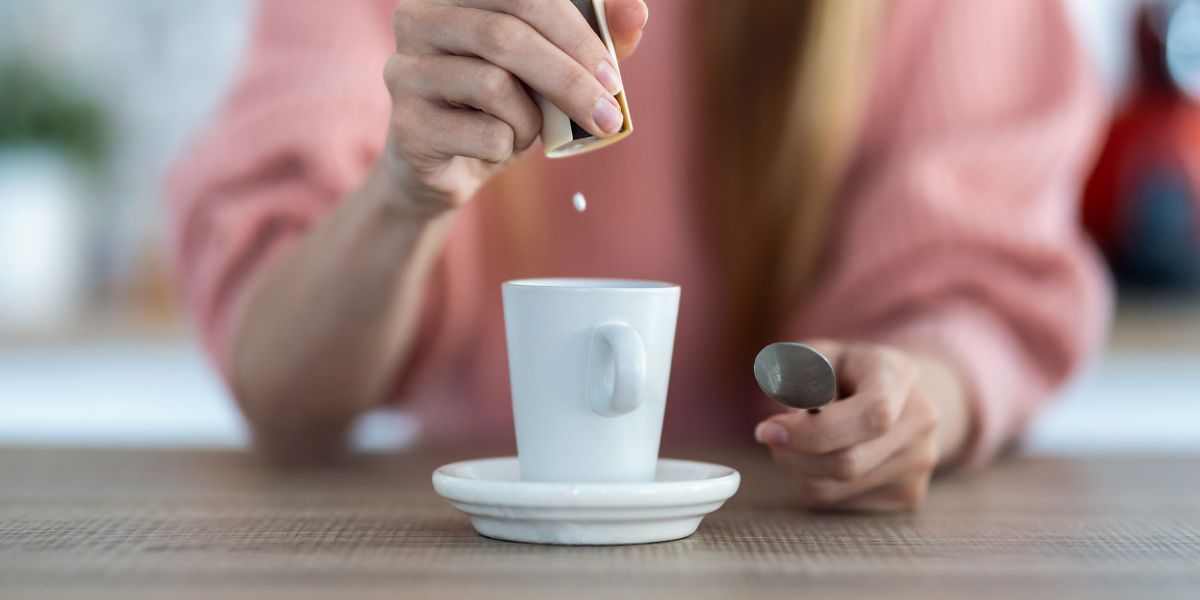Refugees resorting to makeshift coolbags and embarking on a relentless search for ice to protect their invaluable medication, assuming they have access to supplies in the first place.
People in Sudan with diabetes are having to use bags of ice and wet towels to try and keep their insulin at a low temperature in the oppressive heat whilst also attempting to escape recent violence.
Insulin, a crucial medication for countless individuals with diabetes, necessitates a cool environment to stay effective. However, the recent outbreak of fighting between the Sudanese army and paramilitary Rapid Support Forces (RSF) has made it incredibly difficult to store insulin at cool temperatures due to the closure of hospitals and pharmacies, and damage to cold-storage facilities.
People with diabetes fleeing Sudan worry about obtaining insulin and, due to queues lasting days on the country’s borders, also worry about keeping their insulin cool and the lack of medical care.
Arwa Zaki Mustafa, a 32-year-old woman from Sudan, said: “It was very stressful because me and my sister are insulin dependent. I’m a type 1 diabetic and having working insulin is really a must for me. My entire body was shutting down because we didn’t have enough food for the kids and had to ration.”
Mustafa and her family headed to the Egyptian border after the RSF had surrounded their neighbourhood. They had to endure numerous long waits escaping Khartoum and at the border.
Thankfully, she managed to restock her insulin supplies before conflict erupted but still had the troubles of protecting it from 40C heat. She used a freezable gel pack and her nephew’s lunchbox to store her insulin pens and bought ice every chance she had.
Mustafe added: “[At the border] we were stuck outside for 12 hours and that was when I realised my gel was starting to melt. We stayed there for 27 hours and there wasn’t much water but what I found I used to wet some towels to wrap the insulin in and tried to keep it out of the sun.”
People whose bodies do not produce enough insulin or use it efficiently to need to inject insulin in order to convert the sugar in their blood into fuel. Sometimes not getting enough insulin can lead to ketones being released in the blood as the body results to converting fat for fuel because it cannot process the sugar. This is known as diabetic ketoacidosis and can be fatal.
Due to the uncertainty of insulin supply, Mustafa and many other people with diabetes limited their insulin intake. Some people were too scared about raising their blood sugar level so did not eat for days.
Afnan Hassab was a doctor at Khartoum hospital which was forced to close due to the conflict. She highlights that access insulin was a major concern when fighting broke out and continues to be so for the people trying to flee from the violence.
“Some of the older women with me on the bus were taking insulin and they were carrying bags of ice to put their insulin in,” she said. “The trip was so long and so hot the plastic handles on my bag stretched out. You can only imagine what is happening to the insulin people are trying to preserve.”
There was a frantic search foir medication as many pharmacies has been damaged, closed of out of reach. Many people turned to social media to search for, request and get information on insulin.
Hassab added: “It’s very concerning and scary. I’ve seen people looking for insulin, epilepsy drugs, hypertension medication, for pain medication. People have been looking everywhere.
“I think a lot people are going to die. It’s a very sad and gruesome thing to say but it’s true. I’ve already seen cases of diabetic ketoacidosis, where people were not able to reach hospital so they died.”
According to Dr Nahreen Ahmed, medical director for MedGlobal which provides primary healthcare in areas affected by crisis, treatment for long-term health conditions that can become fatal are frequently not prioritised in humanitarian situations.
She explained: “When somebody is dependent on insulin [they] will become critically ill and it happens very fast. Within a day, somebody who is without insulin can become so sick that they’re potentially in a diabetic coma or become severely anaemic in certain situations.”
Ahmed added that providing medication to those with chronic illnesses when crossing borders and allowing them to join the health systems in neighbouring countries should be given higher priority.
“It made a huge difference that people could get out and were inserted immediately into the health system in Poland. It was almost unheard of, it’s not what happened with refugees from Syria, Palestine or Sudan,” she said. “If things like that are in place in neighbouring countries and borders are allowing people to cross and seek asylum, it’s absolutely better for patients with chronic medical problems, because it just allows immediate access to some version of healthcare.”




